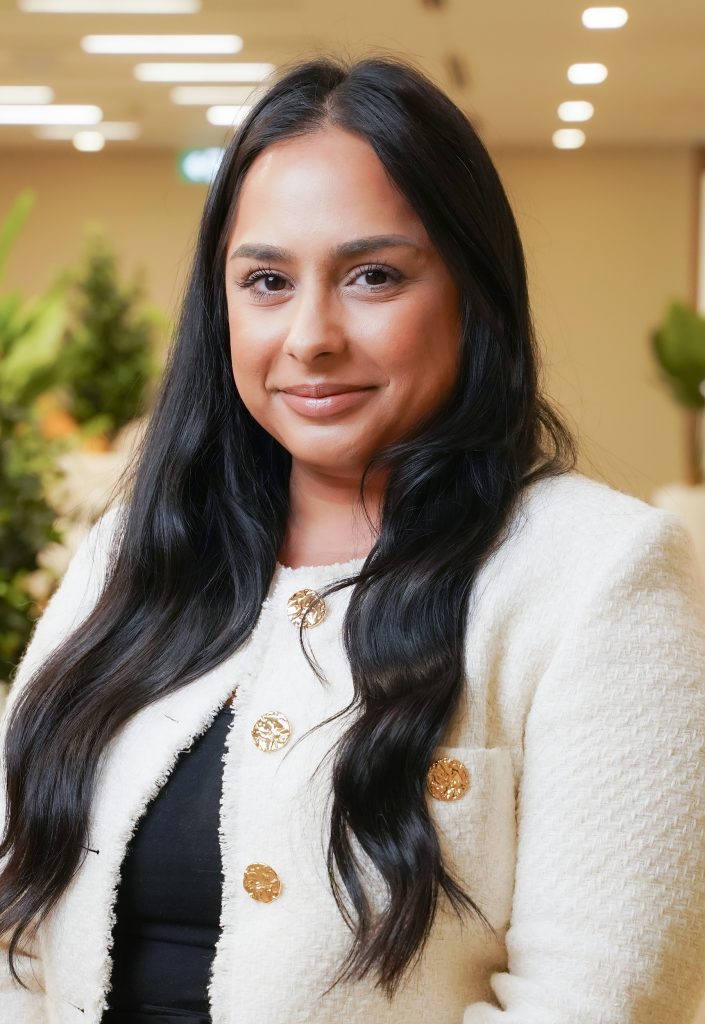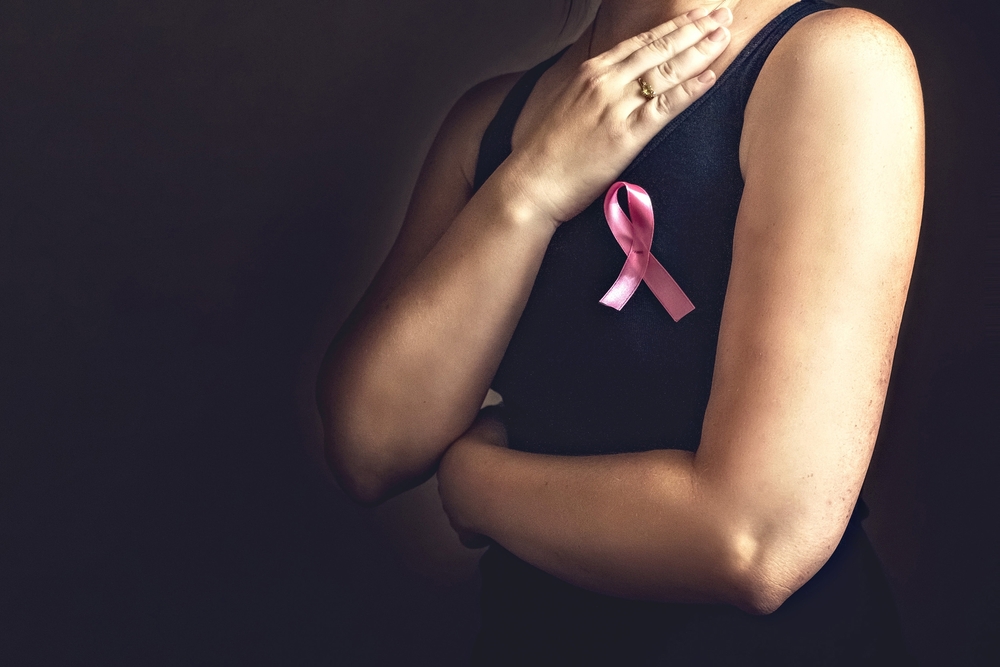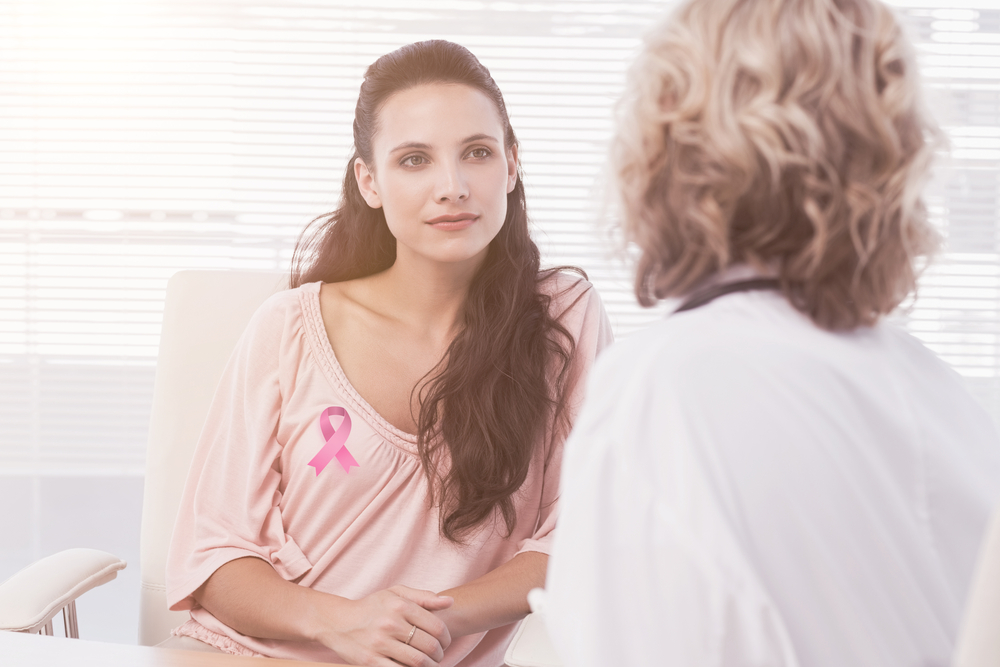The struggle when our bodies change is a complex and deeply ingrained aspect of human experience. Rather than being rooted in vanity, the struggles are often tied to our identity, our emotional and psychological wellbeing, our femininity and so much more, says Dr Gurveen Ranger, Clinical Psychologist, Adult Specialist at Sage Clinics.

How does breast cancer impact our body image?
Each stage in the breast cancer journey can bring about concerns and changes to our body image which can have a profound impact. Physical changes such as hair loss, changes in skin appearance and weight fluctuations associated with the side effects of initial treatments like chemotherapy and radiation therapy can have a big impact on our body image. Surgical interventions are likely to lead to immediate and significant changes to our bodies, and the longer-term scarring as one moves into the survivorship stage of the journey can also not only leave one feeling emotionally distressed but also serve as a permanent reminder of the cancer journey and its physical impact.
For many women, our breasts are tied to our sense of femininity and changes can challenge our self-concept and the way in which we view ourselves. Alongside this, societal and cultural norms play a significant role in shaping our perceptions of beauty and self-worth, and any deviations from this often leaves us feeling ‘lesser than’ compared to our pre-treatment selves and/or others, leading to self-critical thinking and biases in what we pay attention to. Such changes to our physicality and self-identity, coupled with physical pain or discomfort can have a significant impact on our sexual and intimate relationships too, often leaving us feeling more distant from our loved ones and even more disconnected from our bodies. The decision to have reconstructive surgery or prosthesis is a deeply personal and complex decision to make, and body image and sense of self can play a significant role in this decision-making process.

So how can we navigate these changes?
- Feel what you feel – It is important to first allow ourselves to experience and feel the loss associated with changes, it is a grief cycle in itself. It is ok to feel angry, sad. Share how you feel and why, whether to a trusted loved one or perhaps even in a letter to yourself.
- Change means different, not worse – The next stage might be to ‘lean in’ to change rather than ‘struggle against.’ This concept allows us to move slowly towards a position of self-acceptance – change means different, not worse.
- Embrace self-compassion – Self-compassion can be a powerful source of emotional healing and growth in helping us move toward self-acceptance. What does self-compassion mean to you? Treating ourselves with kindness and understanding, particularly at times of adversity and challenges can help.
- Taming the inner critic – We can learn to catch our negative ‘self-talk’ and reframe it to a more helpful perspective. Sometimes it can help to recognize what you would say to a friend who was experiencing the same thing – we often find it a lot easier to extend compassion to others than we do to ourselves!
- Mindful self-care – Mindfulness means to be aware of our present, in an open manner without judgement. Practicing self-care in a mindful way, treating your body with respect and kindness can go a long way. Meditation, yoga, or relaxation and pamper time can help.
- Set realistic expectations – It’s ok to have days where you struggle with body image, even if you are trying all of the above. These are big life changes, and you are human. On those days, ask yourself what is one small thing you could do to help your mood.
- Seek personal support – Your personal support network can be invaluable as you navigate the changes associated with your cancer journey. Let them know what would help – space to vent? Helpful suggestions?
- Seek professional support – Cancer support groups can also be a helpful way to connect with others who experience similar emotions. Furthermore, psychological therapy can be a good way to help you to not only express and make sense of the changes and their impact on your psychological and emotional wellbeing, but also help you implement some of the key ideas from above. We are regularly organizing group therapy sessions at Sage Clinics to welcome anyone who needs to connect with others in their journey.

It is important to note that the impact of breast cancer on our body image and femininity is a deeply personal experience and can be different from one person to another. For some, these changes can represent a positive transformation of their self-identity and an increased appreciation of resilience sooner than for others, who understandably may need more time to process and move gradually towards a place of self-acceptance and self-love. Support is crucial, whether from professional or personal figures, nobody has to navigate these complex changes alone.

You can find out more about Dr Gurveen Ranger in the meet the team section of the website. For more information about the services, we offer or to book an appointment please contact us on +971 4 575 5684, at appointments@sage-clinics.com or through the chat function in the bottom right corner of the website – https://sage-clinics.com/.
